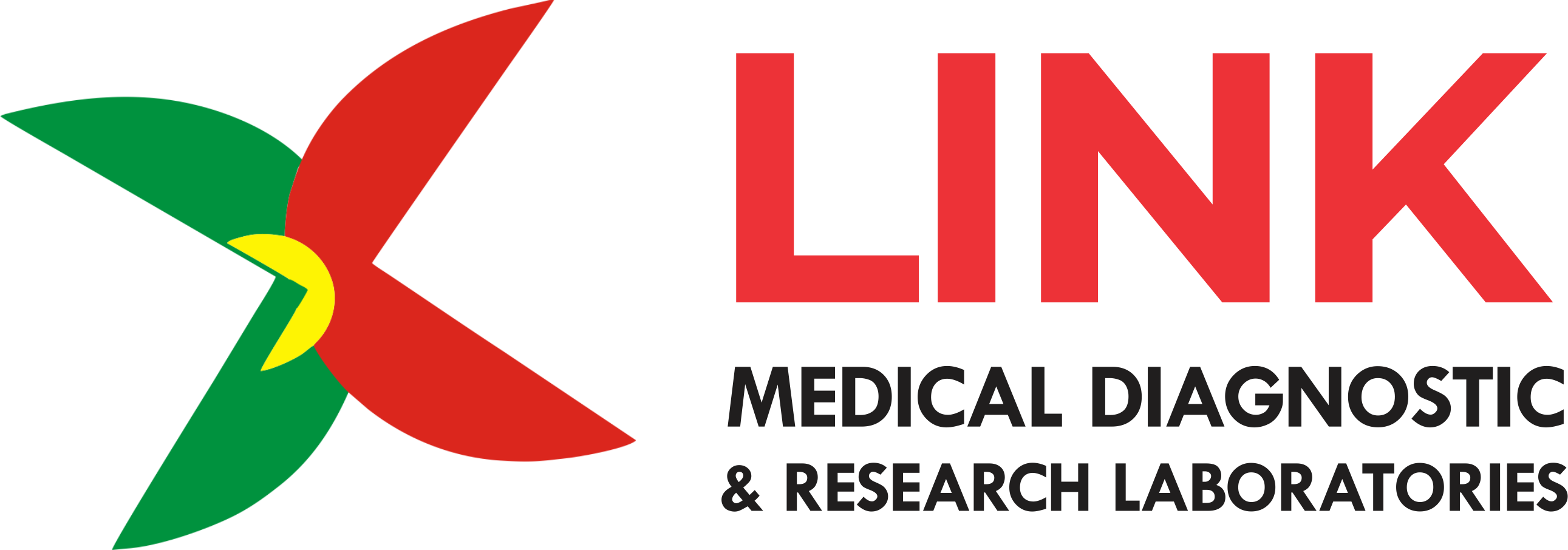
BLOOD GLUCOSE TEST
OVERVIEW
Glucose test measures the amount of glucose in your blood. Glucose is a type of sugar. It is the primary source of energy for your body. Insulin, a hormone, aids in the transport of glucose from the circulation into the cells. When we consume carbohydrates, the body will turn them into glucose for energy consumption. A high or low level of glucose in the blood might indicate a significant medical problem. For example, eating food raises blood sugar levels. These levels soon revert to normal in healthy persons due to enhanced cellular glucose absorption, which is predominantly mediated by an increase in blood insulin levels. Depending on the quantifiable value, the test results might be regarded as hyperglycemic, hypoglycemic, or normal. There are numerous types of glucose tests, and patient preparation is dictated by the area of medical concern.
MEDICAL IMPORTANCE
- Evaluation of blood sugar levels.
- Aids in diabetes diagnosis and treatment.
- Vital in indicating several medical conditions
PATIENT PREPARATION
Area of medical concern determines the type of glucose test and preparation.
- Fasting Blood Sugar Test (FBS): measures blood sugar levels following an overnight fast (not eating) within 10 – 16 hours.
- Random Blood Sugar Test (RBS): Measures blood sugar at the time of testing. This test can be taken anytime and there is no need to fast (not eat) beforehand.
- Glucose Tolerance Test (OGTT): Measures blood sugar levels before and after consuming a glucose-containing liquid. Before the test, fast (not eat) overnight and have blood drawn to determine fasting blood sugar level. Dissolve a certain amount of glucose in a given volume of water and administer orally. Draw blood every 30 minutes for 2 hours.
- 2-Hour Postprandial Glucose Test (2HPP): Prior to the test, eat adequate carbohydrate diet (more than 150 grams per day) and all medications that affect glucose tolerance should have been stopped three days before. Fast for 12 hours. During the fast, permit water intake. The test is performed in the presence of illness or trauma. Before glucose testing, recommend a two-week recovery period. During the test, avoid medications, smoking, caffeine, and alcohol.
Other preparations
- Quit/cease smoking
- Avoiding activities such as strenuous exercise
- Avoid certain drugs and/or supplements. Ensure the healthcare provider is aware of drugs, vitamins, or supplements you are currently taking.
RESULT
- Hypoglycaemia: Low (below normal) blood sugar (glucose) levels
- Normal: Blood sugar (glucose) levels are within normal range.
- Hyperglycaemia: High (above normal) blood sugar (glucose) levels.
NOTE: Order a glycosylated hemoglobin (HbA1C) test. The test results represent the blood sugar levels throughout the last 90 days. This test evaluates how well people manage previously diagnosed diabetes. The findings will reveal prediabetes or diabetes. Contact us for more enquiries
